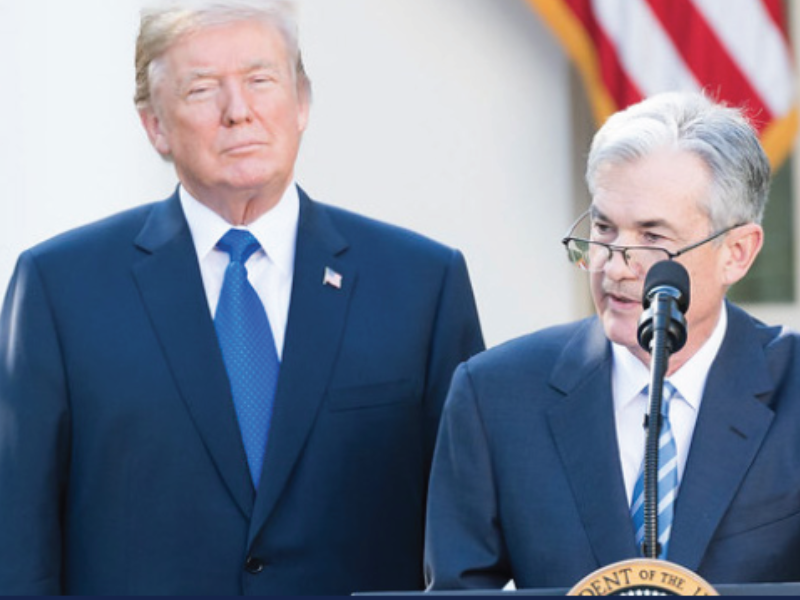Rapidly rising property taxes in Indiana have caused some lawmakers to look to the state’s tax-exempt nonprofit organizations to help ease the burden on individual taxpayers.
State Rep. Thomas Saunders (R-Lewisville) is proposing legislation that would require nonprofits such as hospitals, museums, charities, and other tax-exempt social organizations to pay a “fee” for fire and police protection. The proposal is called “payments in lieu of taxes” (PILOTS). Churches would be exempt under the proposal.
State Rep. Bill Crawford (D-Indianapolis), chairman of Indiana’s House Ways and Means Committee, has promised Saunders’ proposal will receive a hearing in the 2008 legislative session.
Nonprofit organizations are currently exempt from taxes on property that is directly used for their charitable activities.
‘Issue of Fairness’
“As a former county assessor, it always comes down to an issue of fairness with me,” said Saunders. He said many nonprofit entities, including nursing homes, receive emergency services yet do not pay for them.
“Every property benefits from that [provision of police and fire services],” Saunders said. “I hope my proposal will begin a debate. It’s an issue no one in the legislature wants to touch. If not this year, when?”
If lawmakers do not act, Saunders said, local governments will be forced to cut emergency services.
While some voters might not like the idea of nonprofits paying a fee for fire and police protection, Saunders pointed to a recent poll commissioned by the Indianapolis Star and WTHR Channel 13 that showed of 600 Hoosiers polled, 44 percent were in favor of nonprofits paying for fire and police services, 49 percent opposed the idea, and 7 percent were unsure.
Saunders said the poll was taken before discussion on the issue started, and he thinks the idea might gain support once his bill gets a hearing.
‘Nonprofits Already Pay’
Douglas Johnson of the Indiana Hospital Association (IHA) said his organization has yet to take an official position on the matter. However, he said, “We feel that nonprofit hospitals already pay PILOTS in the form of community benefit, which includes providing charity care and absorbing losses associated with serving Medicaid patients.”
Johnson said a recent survey of IHA member hospitals reveals they paid more than $1.1 billion in such benefits during their most recent fiscal year. That figure included $359 million in charity care, acceptance of $495 million in Medicaid underpayments, and $232 million in community activity expenses such as free health screenings, education, and health improvement initiatives.
‘Alleviating Taxpayer Burdens’
“Many of these nonprofit organizations are providing important services and alleviating taxpayers from burdens they would otherwise have,” said Prof. Kirsten Gronbjerg, Efroymson Chair in Philanthropy at Indiana University. “When you get to food pantries, they are operating very close to the margin. I think there is a major challenge for some of them to increase expenditures without having an opportunity to raise revenues.”
Gronbjerg said in Indiana about half of all health care, 80 percent of social assistance, and “a fairly significant chunk of services in other fields” is provided by nonprofits. And, she said, there are other ways in which nonprofits benefit the state.
“They do pay their employees, and the nonprofits’ payroll in Indiana is about $7.5 billion,” Gronbjerg said. “Those individuals own houses, pay property taxes, go shopping, and pay sales taxes, so there is tax revenue although it’s indirectly from nonprofits.”
Gronbjerg said the reason such organizations were long ago granted tax exemptions is because of the community benefits they deliver.
Concern for Fairness
Saunders said he understands nonprofit hospitals perform a service to indigent citizens, but he does not believe it is fair to force taxpayers to pay taxes on services that benefit someone else.
He pointed to a nursing home in his district where a relative resides. “Ambulances and fire trucks go in and out of that place all the time. All I’m asking is that they [the nursing home] pay for that service,” Saunders said.
Nick Baker ([email protected]) is legislative specialist for budget and tax issues at The Heartland Institute.


